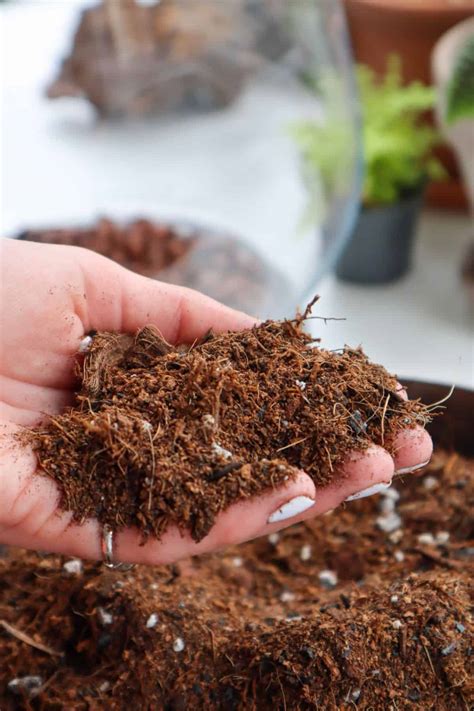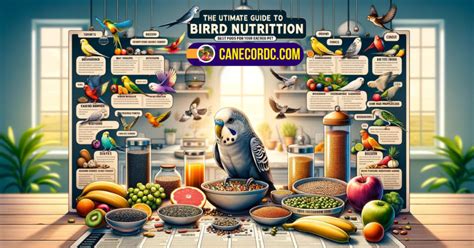Introduction
Providing proper nutrition is essential for the health and well-being of your birds. As a dedicated bird owner, you want to ensure your feathered companion receives the right balance of nutrients to thrive. This comprehensive guide will equip you with expert knowledge on bird food and nutrition, giving you the confidence to make informed choices about your bird’s diet.

Understanding Bird Nutritional Needs
The nutritional requirements of birds vary depending on their species, size, and activity level. However, all birds require a well-rounded diet that includes:
- Carbohydrates: The primary source of energy for birds.
- Protein: Essential for growth, repair, and muscle development.
- Fats: Provide energy and help absorb vitamins.
- Vitamins and minerals: Crucial for various bodily functions.
- Water: Essential for hydration and overall health.
Types of Bird Food
The vast array of bird food options available can be overwhelming. Here’s a breakdown of the most common types:
| Type | Characteristics | Benefits |
|---|---|---|
| Seeds: Rich in carbohydrates and fats, but low in protein. | Convenient and affordable, but not a complete diet. | |
| Pellets: Formulated to provide a balanced diet with all essential nutrients. | Convenient and nutritious, but may not appeal to all birds. | |
| Fruits and vegetables: Excellent sources of vitamins, minerals, and antioxidants. | Provide variety and enrichment, but should be used in moderation. | |
| Live food: Highly nutritious and stimulate natural hunting instincts. | Beneficial but can be expensive or difficult to obtain. |
Choosing the Right Diet for Your Bird
The best diet for your bird is one that meets their specific nutritional needs. Consider the following factors:
- Species: Different species have different dietary requirements.
- Age: Young birds require more protein than adult birds.
- Activity level: Active birds need more energy-rich foods.
- Health: Special diets may be necessary for birds with health conditions.
Transitioning to a New Diet
If you’re changing your bird’s diet, introduce the new food gradually. This will help prevent digestive upset. Mix small amounts of the new food with their current food, increasing the ratio over several days.
Bird Food and Nutrition Tips and Tricks
- Avoid human food: Human food is not suitable for birds and can be harmful.
- Keep food containers clean: Dirty containers can harbor bacteria and mold.
- Provide fresh water daily: Hydration is crucial for bird health.
- Monitor your bird’s weight: Regular weight checks ensure your bird is maintaining a healthy weight.
Bird Food and Nutrition Experts VS Traditional Methods
In the past, bird owners relied on traditional methods of feeding their birds. However, advancements in bird nutrition have led to the emergence of bird food and nutrition experts. These experts use scientific research and specialized knowledge to create diets that are tailored to the specific needs of different bird species. Compared to traditional methods, bird food and nutrition experts provide several advantages:
- Customized diets: Designed to meet the unique nutritional needs of your bird.
- Balanced nutrition: Ensures your bird receives all the essential nutrients they need.
- Improved health and well-being: A proper diet promotes optimal health and longevity.
Customer Testimonials
“Thanks to the expert advice from my bird food and nutrition consultant, my parrot has never looked healthier or been more active.” – Sarah J.
“After switching to a diet recommended by a bird nutrition expert, my finch’s feather quality has improved significantly.” – Tom B.
“The personalized feeding plan I received from my bird food specialist has made a huge difference in my pet’s overall well-being.” – Amanda L.
“I highly recommend consulting with a bird food and nutrition expert. Their knowledge and expertise have been invaluable in caring for my feathered companion.” – David M.
Current Status and Future Outlook
The field of bird food and nutrition is constantly evolving as research continues to uncover new insights into the dietary needs of different bird species. In 2025, we can expect to see further advancements in the following areas:
- Personalized diets: Tailored diets based on individual bird characteristics and health needs.
- Novel food ingredients: Exploration of new and alternative ingredients to provide optimal nutrition.
- Technology-assisted feeding: Smart feeders that monitor food intake and adjust diets accordingly.
Conclusion
Providing a healthy and nutritious diet is paramount to the well-being of your feathered friend. By embracing the expertise of bird food and nutrition experts, you can ensure your bird receives the essential nutrients they need to thrive. This comprehensive guide has equipped you with the knowledge and tools to make informed decisions about your bird’s diet, leading to a longer, healthier, and more enjoyable life for your beloved companion.
Frequently Asked Questions
Q: What is the best bird food for all birds?
A: There is no one-size-fits-all answer. The best diet depends on the species, age, activity level, and health of your bird.
Q: How often should I feed my bird?
A: The frequency of feeding depends on the type of food, your bird’s activity level, and its size. Consult with a bird food expert or veterinarian for specific recommendations.
Q: What are some signs of malnutrition in birds?
A: Poor feather quality, weight loss, digestive issues, lethargy, and behavioral changes can be signs of malnutrition.
Q: Can birds eat human food?
A: Some human foods are safe for birds, such as fruits and vegetables, but most processed foods are not suitable and can be harmful.





















